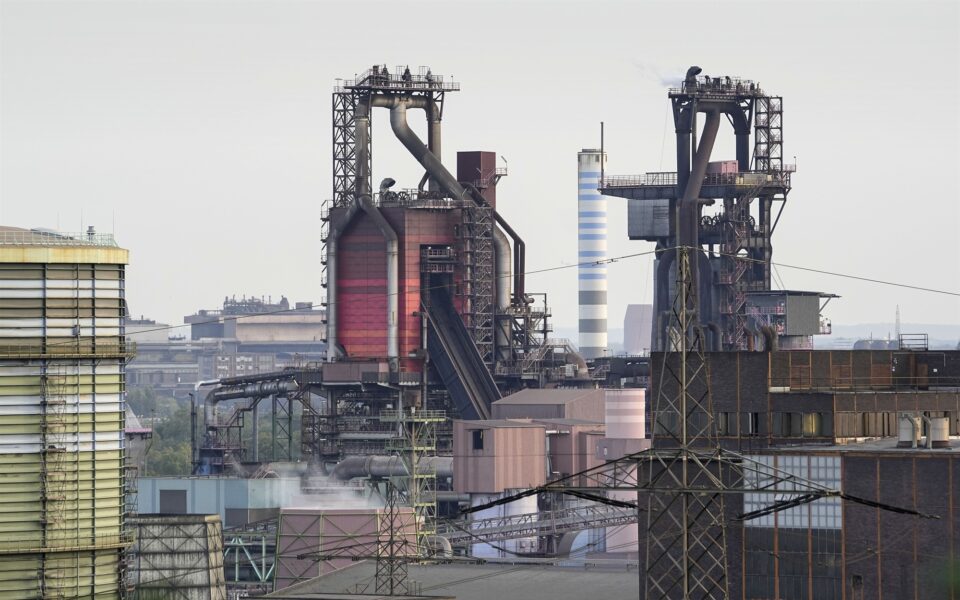Do we want industry in Europe?

Before you rush to answer in the affirmative, here are two important news stories that – as so often is the case with important news – went largely unnoticed last week.
One is good news: The European Union cut carbon dioxide emissions from burning fossil fuels by 8% by 2023, to the lowest levels in 60 years.
The EU, despite leading the way and making the greatest effort to deal with the climate crisis, does not cease to pay a very heavy price because the continent, together with the entire Mediterranean, is at its center. In order to deal with the climate crisis, it is not enough to reduce just the pollutants emitted in Europe; it is necessary to reduce the pollutants emitted by all the countries in the world.
But while the European Commission is aggressive toward its member-states, it is tolerant toward others. While it – rightly – imposes strict carbon footprint reduction policies on its own industries, driving up production costs and reducing the competitiveness of European products, it stands idly by in unfair competition from third-country industries that produce cheaply because – among other things – they are free to pollute the atmosphere. If nothing else, it could impose tariffs on imports of such products. It doesn’t.
The second piece of news came from a – rare – interview in the Financial Times with Jean-Francois van Boxmeer, chairman of Vodafone Group and head of the European Round Table for Industry lobby group, in which the presidents and CEOs of Europe’s 60 biggest industrial companies participate. The subject was the funding from the NextGenerationEU recovery fund, and, according to van Boxmeer, the absorption of the funds is not going to happen within the set deadlines, because European bureaucracy stands in the way as an insurmountable obstacle.
If the industrial base of the European economy is destroyed, the damage to Europe will neither be temporary nor reversible
In a way, the delays in almost all European states in absorbing the funds benefit us: Only if the other states do not catch up and it is decided to relax the timetables will Greece have some chance of absorbing the money that has been allocated to us (32 billion euros).
Otherwise we will have to return it, because we will not meet the deadlines.
The big issue, however, which we must note, is Europe’s image and its treatment of European industries by its authorities.
At a time when US President Joe Biden’s corresponding support programs are in full swing, providing abundant and swift funding that is reviving the industrial base of the American economy, attracting also almost all the large and modern investments of European giants (and a similar effort is under way in China), Europe is stalling, at the risk of incurring unwanted damage.
Because if the industrial base of the European economy is destroyed, the damage to Europe will neither be temporary nor reversible within the next 10 years. Nor, of course, only financial.
One rightly wonders then, do we want industry in Europe?




